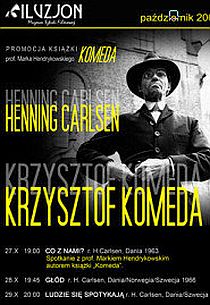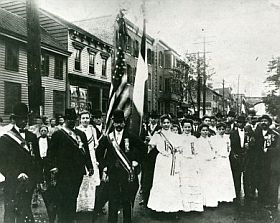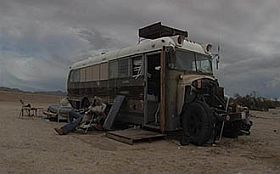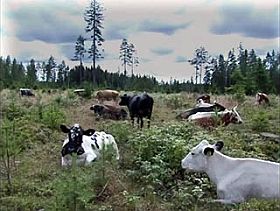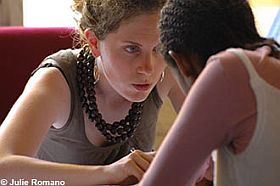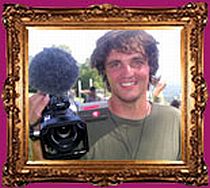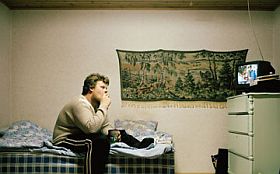


Bartek Konopka: Rabbit a la Berlin
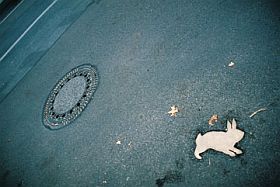
Yes, this is the way to make a different film for the celebration of the 20 years of the fall of the Berlin Wall. Playing masterly with the film language, wanting to surprise us. To tell us the same story but in a completely new way. With music that associates a fairy tale with rabbits in the leading roles. But also as an informative commentary-born popular science film about the city lives of a threatened species. With interviews of course. Tongue-in-cheek, sometimes visually from the point of view of the rabbits, sometimes from the anonymous spectator perspective with a look at what happens and happened to the rabbits of Berlin. It is balanced, has its own satirical tone – and beauty – and brutality when you cut together an innocent rabbit and a human body being carried away by a person in uniform. It plays perfectly with the rules of the documentary subgenres: history doc, nature doc, information doc, fairy tale doc… if that did not exist, it has been invented now!
Classical montage principles have been used. Cut from a rabbit to the people putting up the Wall. With an understated suprised commentary: they behave strange these people, as was this the thought of the rabbit. But it was to protect them, the inhabitants, that the Wall was put up. And the rabbits understood this and obeyed and were not shot at as long as they did not try to run away to the other side… Rabbitland, as the film commentary (brilliant by the way, what a fine text, a great example of subtlety) calls it, however, gets more and more into the mood of passivity and apathy. Until the day when everything changed and everyone, including the rabbits, got their freedom, were no longer locked behind walls and discovered that there were people without uniforms. But freedom? Two older people standing at the broken wall staring into a new world… is this for us, do we dare enter?
Poland, Germany, 40 & 50 mins.
